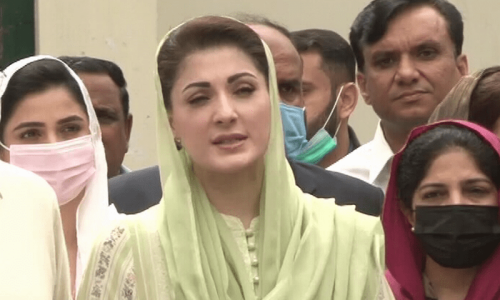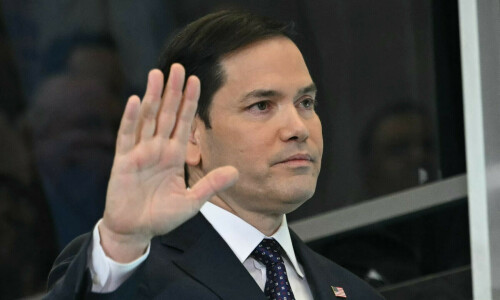IT has been speculated that the nascent India-Pakistan rapprochement has been made possible by outside diplomacy, particularly by the US.
Now, a peak into that behind-the-scenes cajoling has been offered with the telephone call between Prime Minister Nawaz Sharif and US Secretary of State John Kerry over the weekend.
A statement from the Prime Minister’s Office offered some clues about what was presumably discussed in more robust and forthright terms privately: the India-Pakistan dialogue must not be derailed and Pakistan must work to investigate and bring to justice any Pakistan-based individuals involved in the Pathankot airbase attack.
Presumably, senior US officials also reached out to stress that dialogue should not be derailed and to seek Pakistan’s cooperation in the Pathankot investigation. It is also fairly obvious that the US has a great deal of leverage, both with India, where Prime Minister Narendra Modi has actively courted the US economically and diplomatically, and with Pakistan, for whom the US is an important security partner.
However, beneficial as high-profile interventions can be, they are sometimes a disadvantage too. The perception that Pakistan and India are only talking to each other because of external considerations can undermine the possibilities of dialogue. Moreover, while the attack should not delay talks, it is clearly the most immediate issue that needs to be resolved — between India and Pakistan themselves.
High-level diplomacy and serious intelligence cooperation are the urgent needs right now. Rather than leaving it up to India to provide all the details available to it, there should be an independent investigation inside Pakistan too. Were Pakistanis involved in the Pathankot attack?
Where was the plan conceived and how were preparations made?
What assistance, if any, did the attackers receive from Pakistani soil, including in the breach of the international border?
Surely, given the vast counterterrorism dragnet that has been thrown across the country in the fight against militancy, it should not be too difficult for the security and intelligence apparatus to establish the facts here.
The unhappy truth is that the Pathankot attack has once again displayed the potential of terrorism to hold the Pakistan-India relationship hostage. If historical disputes and issues between the two countries are ever to be solved, it cannot happen while terrorism finds it so easy to intervene.
Surely, there must be steps taken to dismantle the infrastructure that anti-India militants seem to have built around the country.
If Pathankot was possible even before talks officially resumed, it is frightening to think of the possibilities in the midst of serious dialogue. The internal fight against militancy, particularly over the last year and a half, has been about securing the country. Now it is time that this country’s foreign policy is also protected from militants.
Published in Dawn, January 11th, 2016












































